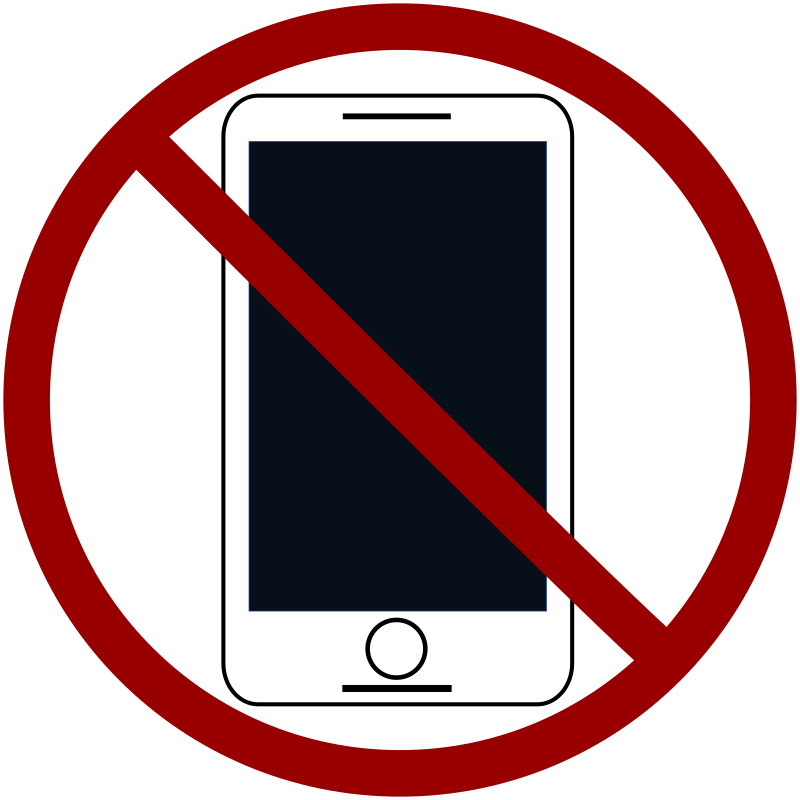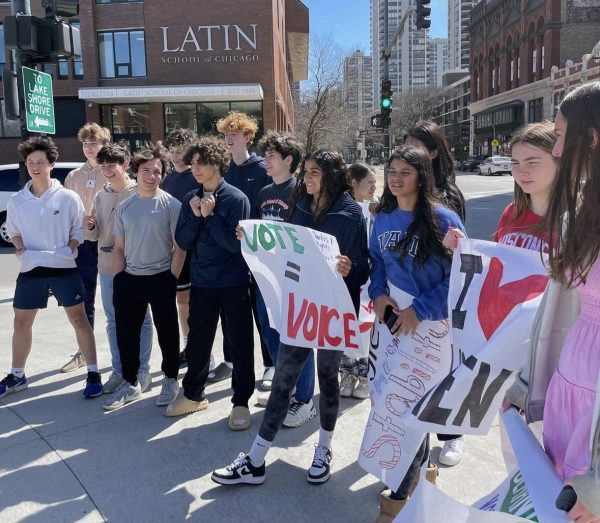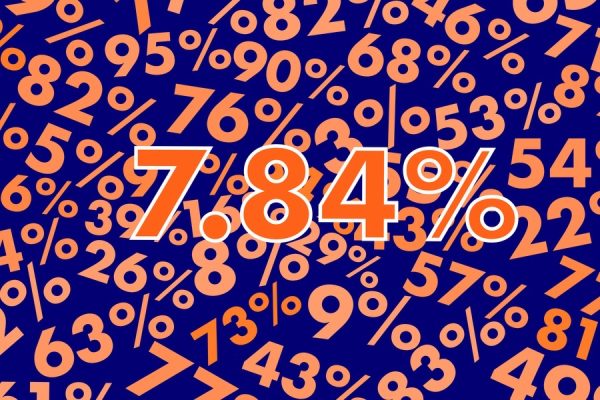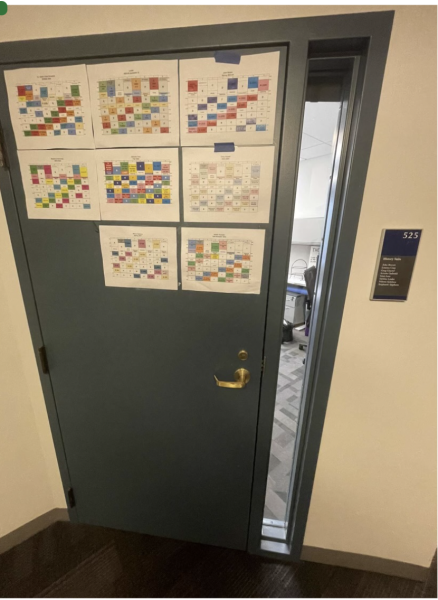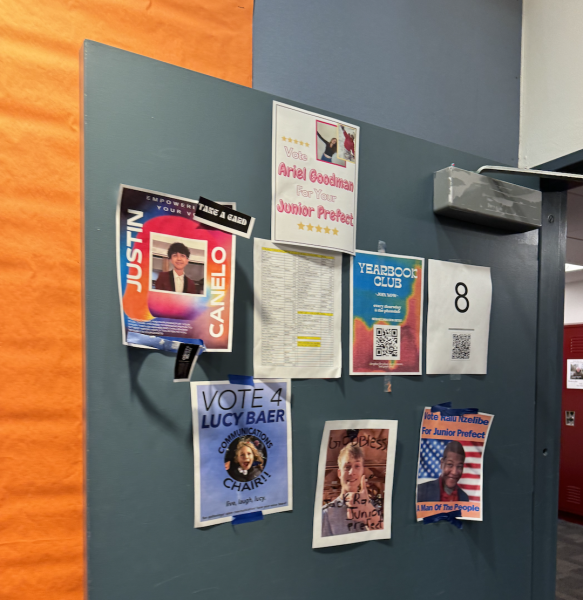Will Latin Ban Phones For Good?
Latin teachers begin enforcing a “No Phone” policy in their classrooms.
As the door shuts to Upper School math teacher Michelle Neely’s geometry class, her students know the drill—all phones must be put in backpacks during class, as part of “No Phones January.”
Inspired by Derek Thompson’s Atlantic article titled, “It Sure Looks Like Phones Are Making Students Dumber,” several Upper School teachers decided to take on the “No Phones January” challenge. In addition to Ms. Neely, Upper School math teachers Zach McArthur, Nichol Hooker, and Helen Jeno all participated. In addition, Upper School science teacher Sarah Kutschke has continued her no phones policy in class after implementing it over one year ago.
Ms. Neely advocated for a phone-free environment beginning in 2013 at another school, and she spearheaded “No Phones January” at Latin. She believes that taking students’ phones “helps them focus” and keeps them more engaged. She added, “The conversations that people have without their phones in between them are richer.”
Toward the end of last semester, Dr. Hooker felt motivated by the Atlantic article to implement no-phone policies after becoming “more and more frustrated with phone use in class.” Dr. Hooker has also been participating in “No Phones January” during her classes. “I have found it to be a good exercise in realizing how often I reach for my phone and finding other things to do in those moments,” she said.
Junior Quinn McDonough, a student in Dr. Hooker’s precalculus class, thought that taking away students’ phones is “completely fair” and encouraged the implementation of no-phone policies at Latin. “I honestly think it’s pretty disrespectful to use your phone during class, so I don’t mind it at all.”
Mr. McArthur saw the objective of the experiment as “[having] students do better in their classes and not to be distracted by their phones.” He added that prior to the pandemic, the Math Department employed cell phone boxes for students to store their phones during class. “In the Math Department, we have really fallen off of trying to separate students from their phones during class, so we are trying to get back to what our policies used to be.”
Junior Carla McSweeney, another student in Mr. McArthur’s precalculus class, deemed the challenge a rewarding experience. “I am used to being able to go on my phone, but the no-phones policy has made me more present in class.”
The future of phone policies at Latin is unclear, but the positive impact of their absence has been felt by teachers and students alike. Mr. McArthur said he will soon ask his students how they felt about the month. Depending on his students’ responses, they will “decide as a group” on phone policies in his class moving forward.
Although the month of January has since passed, Ms. Neely and several of her peers continue to take away students’ phones. Only time will tell whether Latin implements permanent no-phone policies, but Ms. Neely said she suspects that “No Phones January” could “be the beginning of ‘No Phones Forever’ during class time at Latin.”

Myles Levine ('25) is delighted to be returning to write for The Forum in his junior year. In his first two years writing for The Forum, Myles wrote about...






































